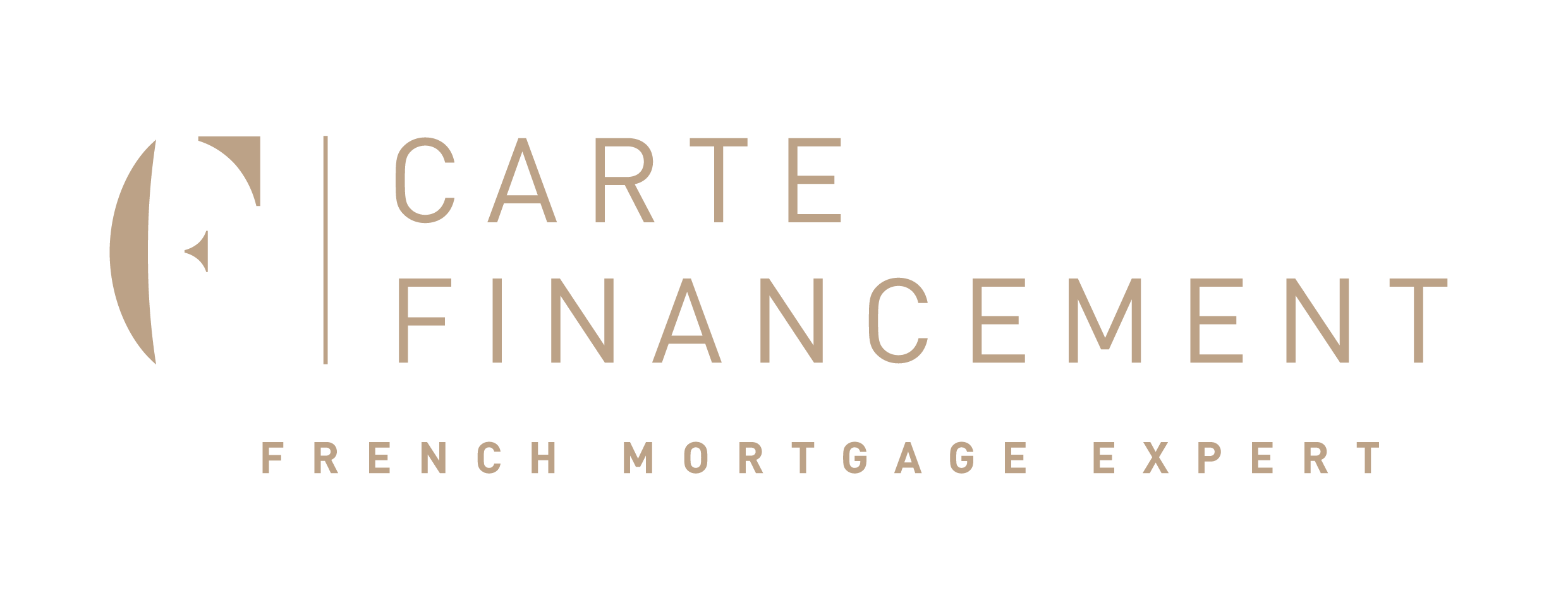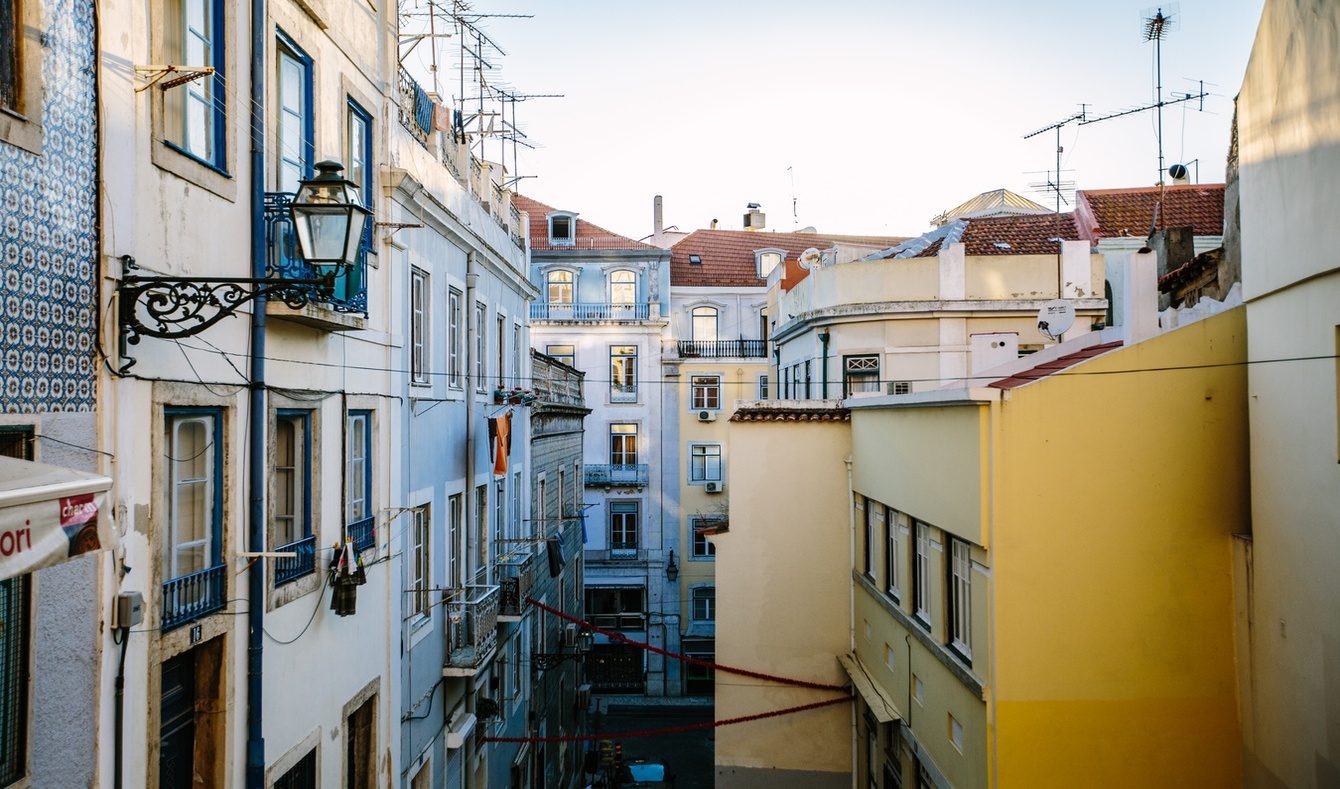Nicolas Séguy has spent 14 years in Shanghai, Singapore, and Hong Kong, where he was the head of a brand of sports shoes before selling it. In Lisbon he assists foreigners who want to live or invest in Portugal, a country that welcomes them with open arms. As a real estate investment adviser in Portugal, Nicolas Séguy helps his clients understand the environment in which they intend to live and settle all their administrative problems. Knowledge of the local area and prices also allows investors to save precious time. He may also co-invest with clients for specific projects (residences for retirees with medical assistance, student housing, etc.).
Why is Portugal trying to attract new residents?
The country was hit hard by the crisis. Unemployment is still high, and the average wage level remains very low. Local banks are weighed down by numerous flats in the outlying areas of cities, with loans that were never repaid following the crisis.
The arrival of a wealthy population in the country from abroad has emerged as a way of participating in stimulating the economy and rehabilitating the housing market.
The Golden Visa programme, which can lead to Portuguese nationality at the end of six years, has already generated more than 2,500 visas. This assistance has the advantage of opening up the Schengen Area. It is of interest to certain foreigners who wonder about the future of their country of origin, like Russians and Chinese.
What does Portugal offer to French retirees?
Portugal seeks to attract European retirees. In France, this programme is well known because of the exemption from the tax on income as well as revenues like interest or dividends. To be eligible, residents must spend more than 183 days per year in Portugal.
The Portuguese government thus hopes to attract thousands of French retirees. According to the Franco-Portuguese Chamber of Commerce and Industry in 4 years, 50,000 French people set up their homes there, 80% of whom were retirees.
Are there precautions to take?
Certain conditions must be met. Public officials are not eligible for this programme.
In addition, certain tax breaks authorised by the French tax authorities are not eligible for these exemptions. To avoid reclassification, French retirees must not have too much of their holdings in France, whether real estate or movable property.
I always advise my clients to go through a tax lawyer to pave the way downstream and upstream. I work with a firm that has already delivered 750 Golden Visas.
Are other arrangements possible?
Yes, the programme for non-habitual residents, which is very open, including to working people or non-resident Portuguese people for five years. It requires more than 183 days per year, consecutive or not, of residence in the country and a family interest (e.g., coming as a family).
In this case, beneficiaries pay no taxes on their income generated outside Portugal, a little like in Hong Kong or Singapore. However, income earned in Portugal is taxed at only 20%.
This status can be highly advantageous for many freelance professionals, such as journalists. Note that this programme is limited to 10 years.
Must the beneficiaries of these tax breaks be owners?
For the Golden Visa, beneficiaries must purchase at least €500,000 in real property.
Conversely, foreign retirees and non-habitual residents can simply be tenants.
Before they make a choice, I advise my clients to rent a home in Portugal for a few months to refine their decision and find out more about the area where they intend to live.
What are Portugal’s advantages?
I’ve never seen anyone migrate to Portugal solely for tax reasons.
Of course, the climate is very attractive. Lisbon is the sunniest European capital, with more than 320 days of sunshine each year.
Compared with other countries, like Greece, Italy, and Spain, the Portuguese speak foreign languages well, particularly French among those over age 45 and English among younger people.
It is rare to see such a diversity of landscapes in such a small country: coasts, vineyards, hills, etc. Not to mention the historical heritage.
And it’s not a myth: the population is fundamentally nice, welcoming, and willing to help, even if less exuberantly than in Spain.
Where are the best places to invest?
Lisbon is an excellent choice, ahead of Cascais, for the coast. Although Lisbon has only 700,000 inhabitants within the city, it has all the attractions of a capital. That’s why I think the land is largely undervalued, with a median price between €2,000 and €3,000 per sq. m.
Another emerging region, Algarve, is experiencing a second wave of investors and tourists, after attracting English, German, and Scandinavian people in the past.
Despite Porto’s growth potential, real estate transactions have been slower to start up than in Lisbon.
What is the price range in Lisbon?
Prices are between €1,000 per square metre for a fixer-upper and €6,000 per square metre for a fully equipped condominium in the centre of Lisbon.
Prices have been rising for two years. New fact: if a quality property is listed at the right price, it’s gone in just a few days.
Are there other specifics?
I’ve seen some investors receive a better rental yield than in France, particularly in Lisbon, which is benefiting from a tourism boom, with short-term rental yields exceeding 10% per year.
What are the formalities involved in a real estate purchase?
You must go through a lawyer who has full authority.
It is possible to reserve a property, an option that shows the buyer’s interest but has little legal value. However, the signing of the commitment is very binding: the conditions precedent must be considered.
Is financing accessible?
Portuguese banks often require a current relationship of at least six months in order to become better acquainted with the borrower’s profile. They require a down payment of more than 30%, which is more than in France. An individual borrower can get a rate of 2.5%.
Some of my partners, French mortgage brokers including Carte Financement, offer very competitive rates. It is possible to take a mortgage on a property in France and attempt to leverage it.
To learn more about the Portuguese real estate market, contact Nicolas Séguy:
E-mail: nicolas@unitone.co
Telephone: +351 933145505


